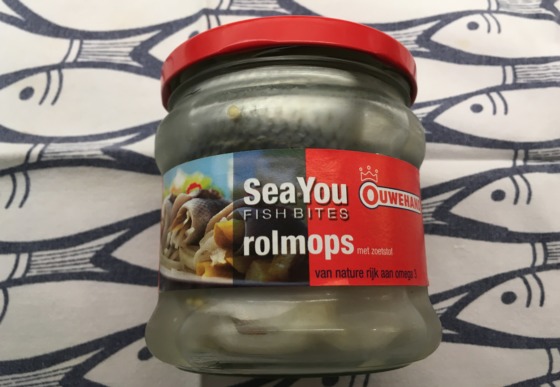Against English: The Dutch are selling their language very cheaply


On Tuesday, a group of Dutch academics and others published an essay collection entitled Against English – a call to action against the way English is squeezing out Dutch. Niek Pas is one of the people behind the campaign.
Only the bell gables I pass on my way to work still speak to me in Dutch. The windows of all shops, bars and restaurants, including the Italian place, are in English. A lone brown café bravely resist the trend, but for how long? There is more English on display in the capital today than German during World War II. But is seems most Amsterdammers have resigned themselves to this symbolic occupation.
English is everywhere, that much is clear. Not only is Dutch rapidly disappearing as a language to teach or conduct research in at universities, it is also becoming conspicuous for its absence at meetings and around the coffee machine. Waiters address clients in English and no television ad is complete without an English slogan. Expressing yourself in English shows you’re with it but there is more to it than fashion alone.
Pragmatism
Dutch is being elbowed out and that has everything to do with our own home-grown pragmatism. We are a careless nation when it comes to valuing our language and culture. We shy away from it, afraid it will put us on the slippery slope towards a nasty form of nationalism.
Economic benefit on the other hand has always been deeply rooted in the collective mentality. ‘The Netherlands Inc’ and the ‘parson-merchant’ are tired stereotypes but they contain a grain of truth nevertheless.
If switching to English is good for trade, then switch we will. This makes sense in the private sector which has to keep itself afloat. The same can’t be said for the public sector. Education, culture and social services are shared interests which we, as a society, must handle with care.
But the concept of community has been marketed almost to oblivion and the government, having adopted Anglo-American neoliberalism, withdrew from society, effectively unleashing market forces – and English – on many sectors.
Cultural heritage
An added problem is that Dutch, in the sense of cultural heritage, is increasingly subjected to outside pressures. Expressions of popular culture, such as Netflix, the music and gaming industry, are predominantly in English.
The internet (Amazon, Apple, Facebook and Google) and social media dominate our daily lives. And the influence of English-language press agencies on news services is disproportionate, as the chief editor of a public broadcaster recently let slip during a conversation.
Language cannot be explained in marketing terms alone, nor is it neutral, as French linguist Claude Hagège repeatedly argued. Language is of fundamental importance for the way we think and interact.
Identity
We need to become much more aware of this, says Hagège, an ardent advocate of language as a civic ideal. Language determines our identity, who we are individually and collectively, as citizens of the Netherlands.
Highlighting its importance is a deed of civic engagement. It has nothing to do with language nationalism, be it left or right wing. It has everything to do with treating the language with a self-assured awareness of its value as shared cultural heritage.
Dr Niek Pas is a historian at the University of Amsterdam and co-author of Against English, which was published on Tuesday.
This column appeared earlier in De Telegraaf
Thank you for donating to DutchNews.nl.
We could not provide the Dutch News service, and keep it free of charge, without the generous support of our readers. Your donations allow us to report on issues you tell us matter, and provide you with a summary of the most important Dutch news each day.
Make a donation